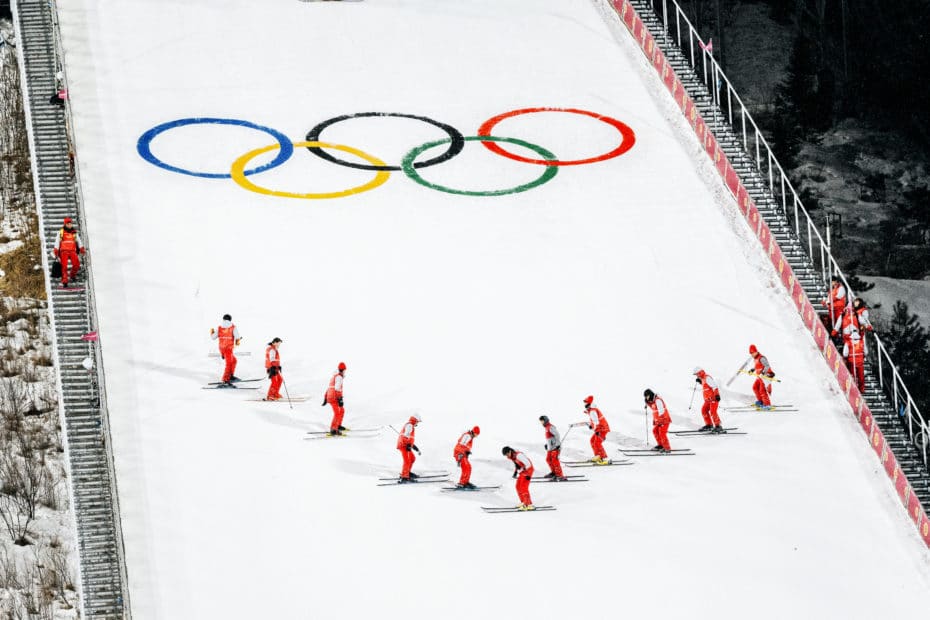It’s already time for the Olympics again. And yes, it’s another Covid Olympics.
On February 4th, the 2022 Olympics Games will begin in Beijing, China.
Like last summer’s Tokyo Olympics, this year’s games will look different than usual. China is requiring frequent testing, limiting spectators, and requiring athletes to download an application to track health data.
This month, we’re covering the Olympic Games, but in our own way. We’ll celebrate the athletes and sports, but more than that, we’ll dig into the social and human issues behind the Games.
Read on for a history of activism at the games, a sneak peek of this month’s articles, and five ways to create impact today.
The Olympics are for activism
The Olympics have always been a hotbed of activism– something about every country in the world competing against one another just does that.
In 1936, Black track and field athlete Jesse Owens won four gold medal at the Berlin Olympics against the threat of rising fascism under the Nazi Party. Some, including the Secretary of the NAACP, had wanted Owens and the US Olympic team to boycott the games because of Adolf Hitler’s treatment of minorities in Germany. But Owens’ medals represented a victorious affront to Hitler’s vision of white supremacy.
The Games have continued to be a stage for activism and representation in the twenty-first century. In 2016, a delegation of refugee athletes participated in the Rio Olympics under an international refugee flag. Athletes on the team came from Syria, South Sudan, the Democratic Republic of Congo, and Ethiopia. The team again competed in the 2020 Tokyo Olympics.
This year’s Olympic Games are no different. Here’s what we’ll be exploring this month.
This month on Impactfull
Some have called this year’s Olympics “the Genocide Olympics.” Next week, we’ll be exploring why: the Chinese government’s systematic internment, forced labor and abuse of Uyghur Muslims and other ethnic minorities in Xinjiang province. Many called for the Olympics to be moved to a different country, and the United States is staging a diplomatic boycott of the Games, but China still denies human rights abuses. Check back next week for the article– and until then, read this one.
As previously mentioned, the Olympics have always been a hotbed of activism. In the third article of this month’s series, we’ll give out our own medals for the most inspiring and impactful activists in this year’s Games.
Our final article will cover how the Olympics affect local communities. The Olympics can bring jobs and income from tourists to communities, but they can also contribute to community displacement, increased pollution due to construction and higher traffic, over-policing in the host city and surrounding areas, negative impacts on public health (particularly during the pandemic), and general disruption of daily life.
Here’s what you can do
This month, we’re encouraging you to combine enjoying the Olympics with various methods of impact, from contacting the International Olympic Committee to having conversations with friends and family. Get started below!
- College Football, Ariana Grande, and Water - September 3, 2023
- Livestock and Land Use: How Are We Feeding The Planet? Impactfull April 2022 - April 19, 2022
- What Does Voluntourism Look Like? A Case Study in a Cambodian Orphanage - March 28, 2022
